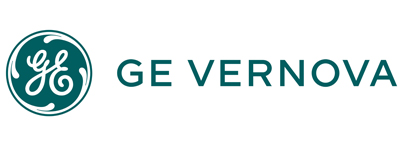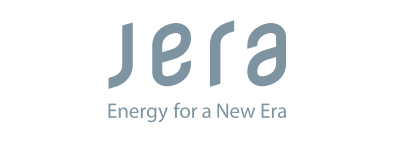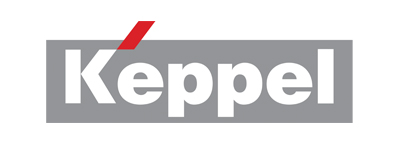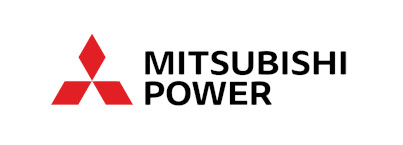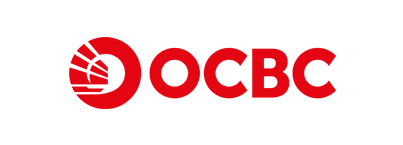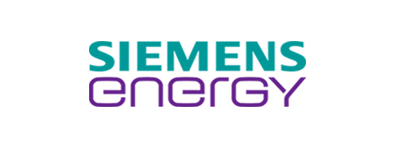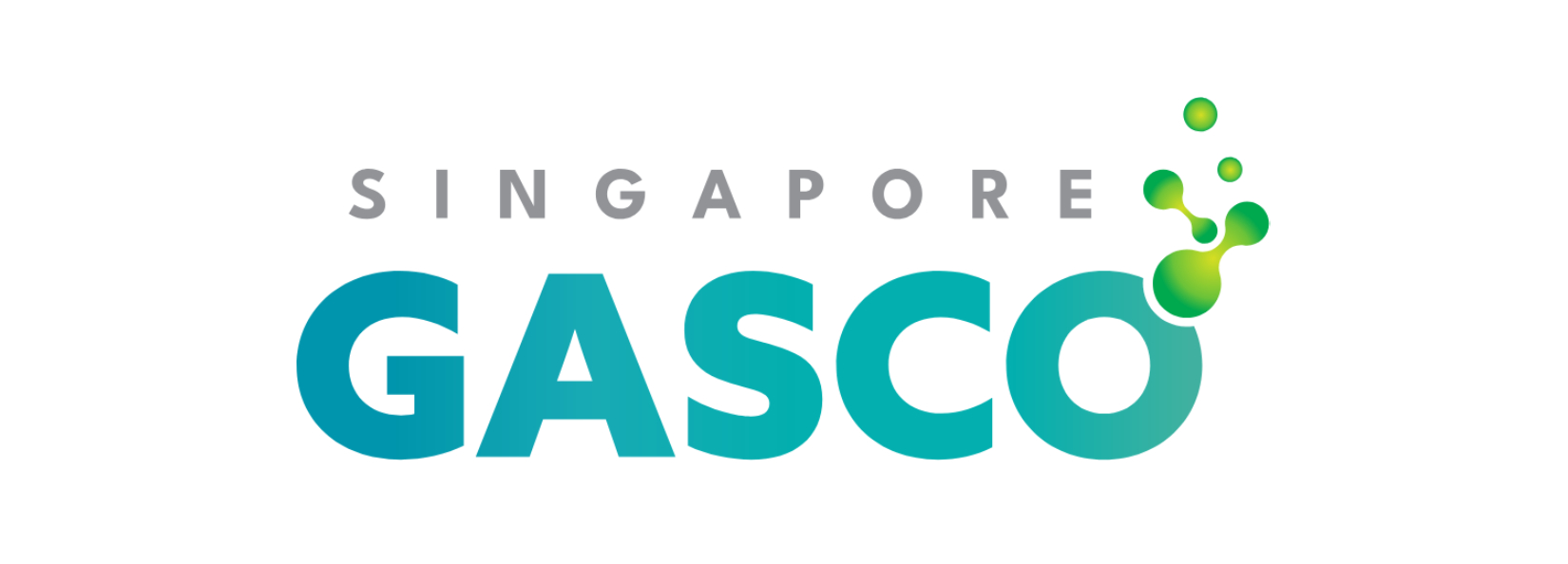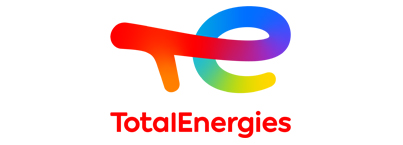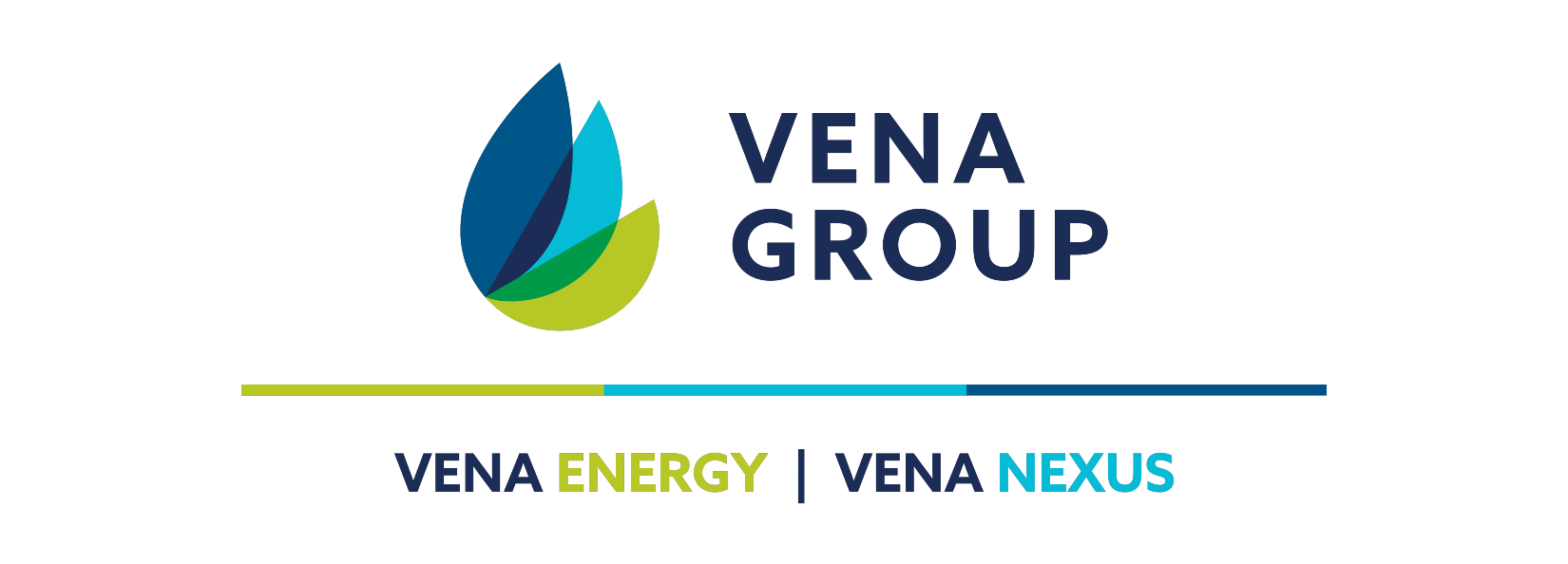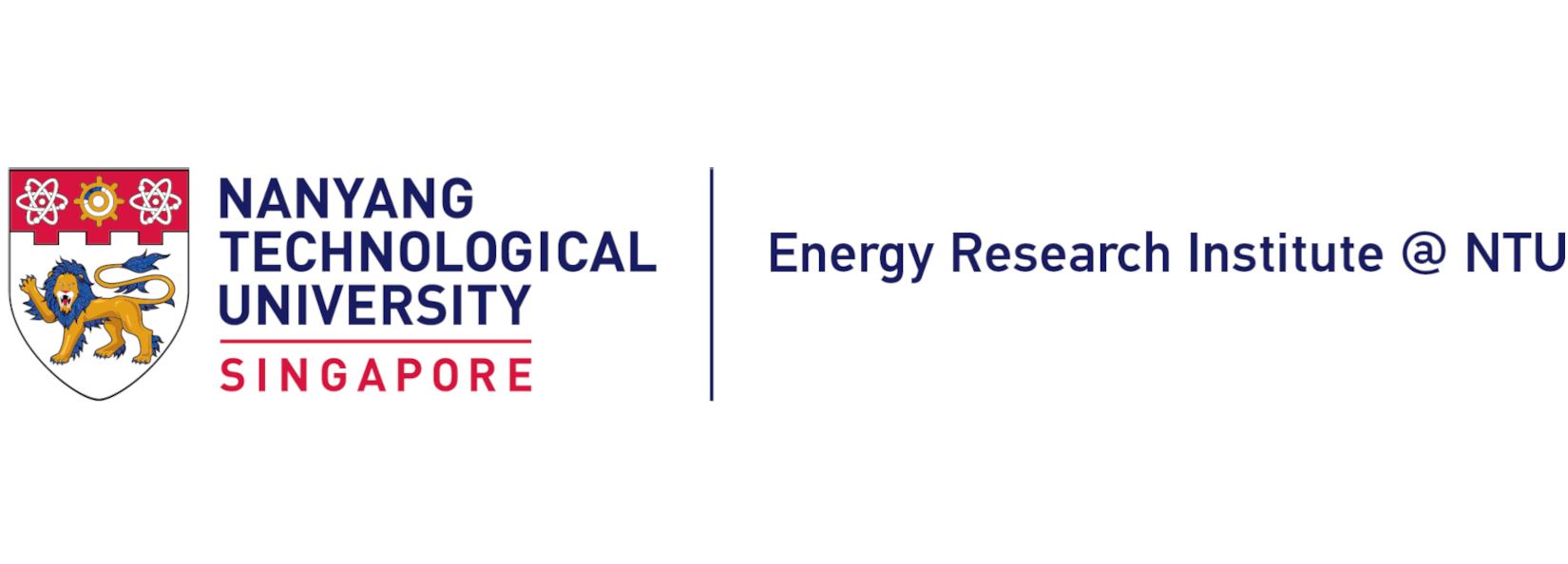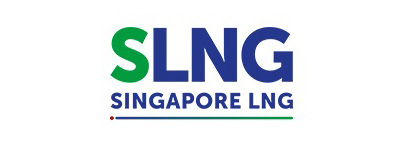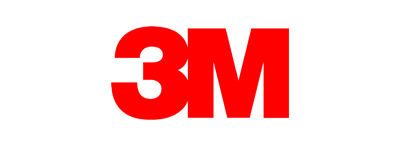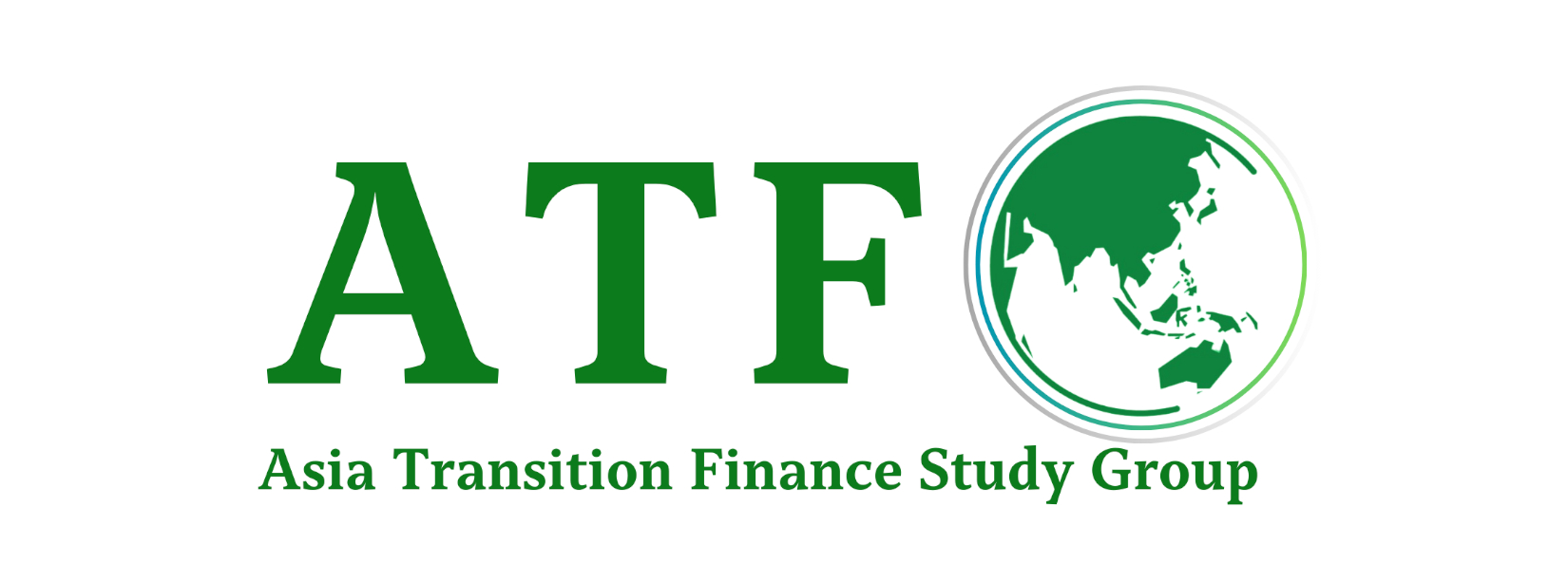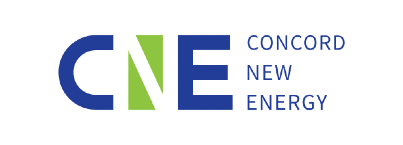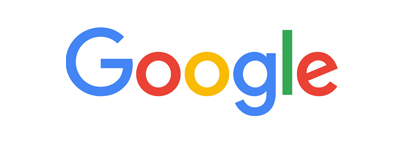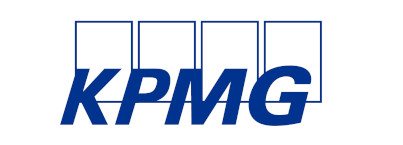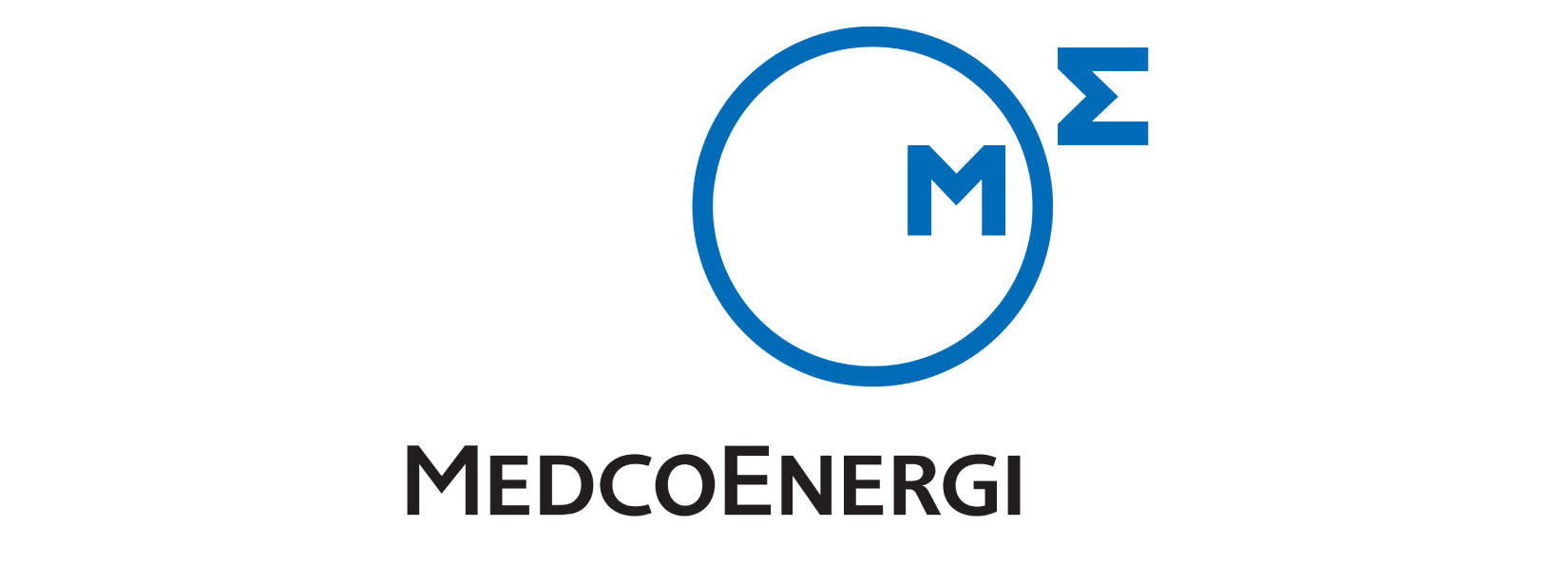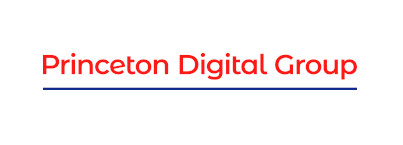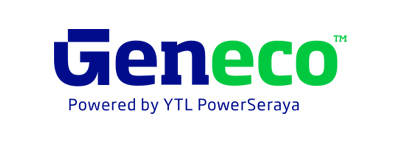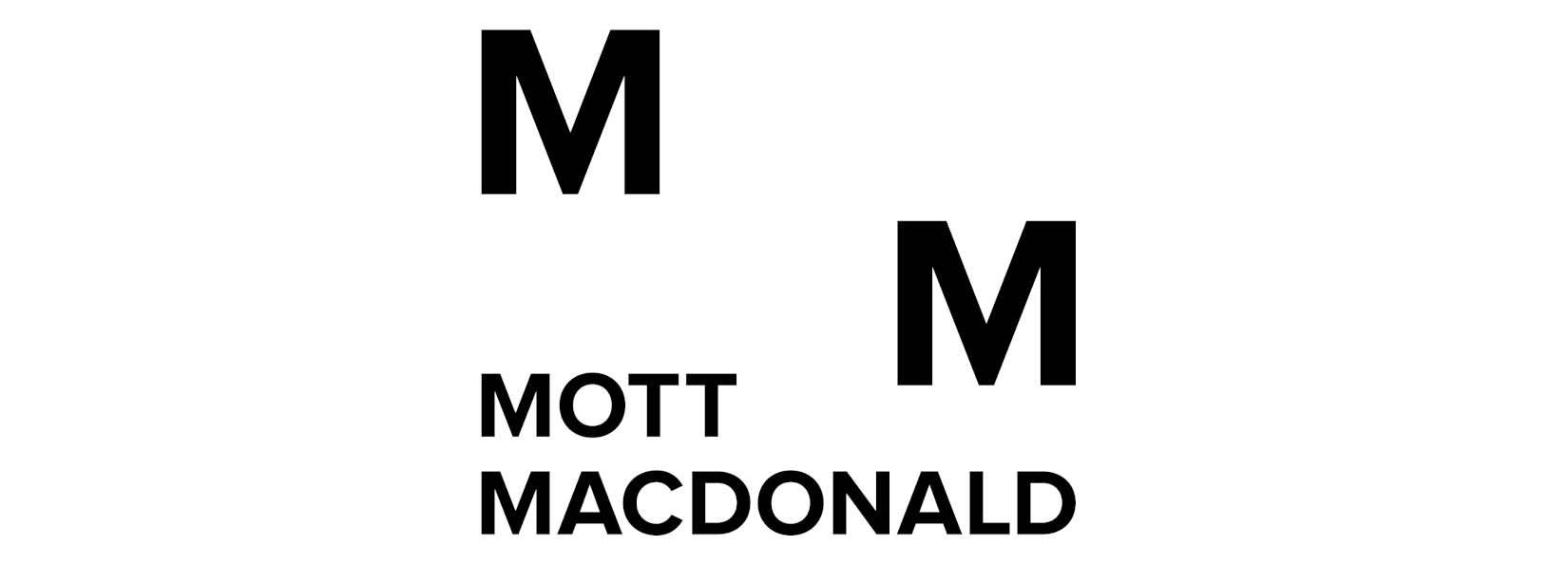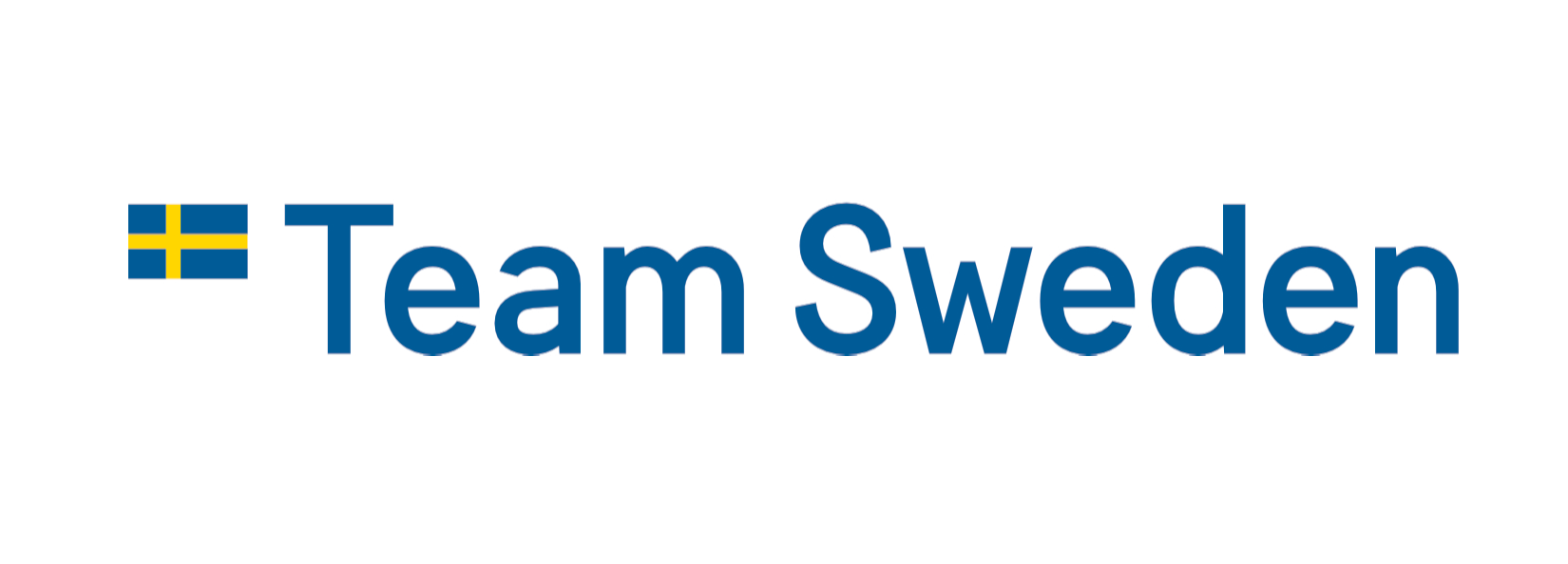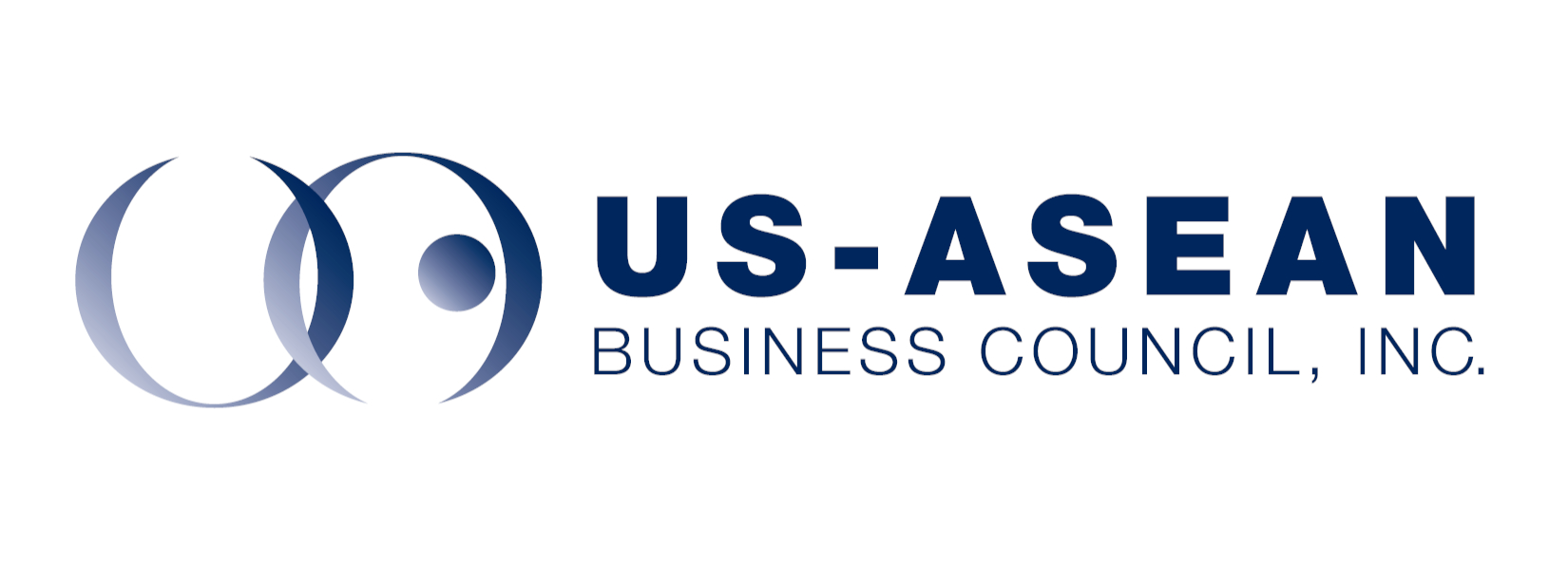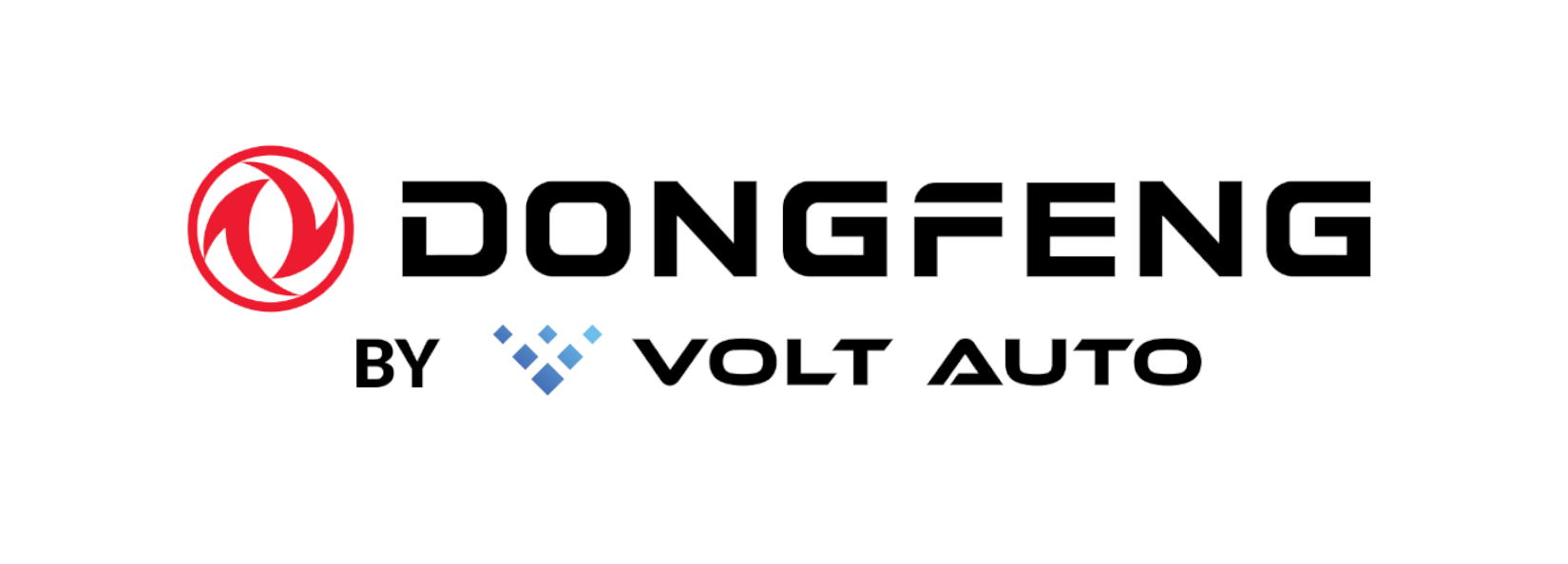SIEW 2014: 5Qs with Gunther Oettinger, European Commissioner for Energy
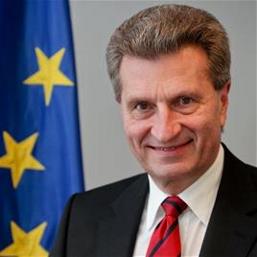
Gunther Oettinger has been European Commissioner for Energy since 2010. He served as Minister-President of Baden-Württemberg, Germany from 2005 to 2010. Oettinger was a member of the State Parliament of Baden-Württemberg from 1984 to 2010. Since 2005 he has been member of the Governing Board and the Federal Executive Committee of the Christian Democratic Union of Germany (CDU). Oettinger has studied Law and Economics in Tübingen.
(Source: European Commission) .
1.The European Union (EU) has just launched a public consultation on its Europe 2020 strategy (the 20-20-20 EU energy targets are part of this broader strategy) as a basis for a mid-term review. What is your assessment of the strategy so far, and what are some the key areas to focus on in the coming years?
The Europe 2020 strategy has been instrumental in accelerating national energy policy reforms in Member States. The 20-20-20 climate and energy targets form one of the five headline targets at the core of the Europe 2020 economic strategy. Consequently, our progress in achieving these targets at national level has been closely monitored.
Member States were given country-specific recommendations in order to speed-up reforms related to the internal energy market, renewables and energy efficiency. However, the implications of the Europe 2020 strategy on national energy policies have been broader than mere target-related monitoring and recommendations. The Strategy also covers Member States' implementation of other key EU energy policies that have an impact on competitiveness, growth and jobs. For example, further reforms of energy markets and the development of cross-border infrastructure play a crucial role.
2.Energy markets are becoming increasingly interconnected. In light of these, what are some of the areas in energy that the Asia Pacific can partner with the EU?
Many long-standing characteristics of the energy sector have changed in recent years. Major importers are becoming exporters, and previous major exporters of energy are also becoming leading centres of global demand growth, especially in the Asia Pacific region.
With the growing need to balance energy security, economic growth and environmental sustainability, the EU and the Asia Pacific region can work together to find low-carbon ways to enhance sustainable growth. Technology plays a critical role in this effort.
It would be mutually beneficial to better understand relevant developments and to facilitate knowledge exchange between the two regions. Moreover, the EU could provide guidance to Asian Pacific policy makers to achieve a secure and sustainable power generation system. The EU has substantial expertise in clean energy technologies: wind power; photovoltaic power; geothermal power; hydropower, including tidal schemes; bioenergy, including biomass, biogas and waste to energy; new low-carbon energy and carbon-free technologies for the power sector. In light of this, cooperation between the EU and the Asia Pacific region could enhance capacity building for Asian countries.
3.There has been an increased drive towards renewable energy sources worldwide. How can we ensure the renewables continue to be deployed in a sustainable manner?
With the adoption of the 2020 climate and energy targets in 2009, the EU committed to make Europe's energy more secure and more sustainable. Five years on, we are quite confident about the success of our renewable energy policy. The 20% renewable energy target is well within reach. The share of renewables in the EU final energy consumption stood around 14% in 2012. All, but a few European countries are on track towards their national renewable energy targets, and three Member States have already achieved their national targets well ahead of time. In today's European electricity sector, renewables provide about 23%, which is about the same as the global share of green electricity.
On 22 January the European Commission outlined plans for a climate and energy framework for 2030. One core goal is to increase the share of renewables in energy consumption to at least 27% at EU level. Setting clear goals is important to provide legal certainty and confidence in order to trigger the necessary investment in renewables and the respective technology. For investors in the energy sector 2020 was yesterday evening, 2030 is tomorrow morning.
4.Current geopolitical events have placed a spotlight on the security of energy sources. Moving forward, what strategies and solutions are available to ensure diverse and secure supplies of energy for Europe?
It is a fact that the EU is currently highly dependent on energy from abroad, importing 53% of all the energy it consumes at a cost of more than one billion euros per day. The EU's energy import dependence has been on the rise since the mid-1990s. In the aftermath of the 2009 gas crisis, the EU has done a lot to increase its energy security. However, the work is not completed yet and further steps are needed to ensure diverse and secure supplies of energy for Europe. Against this backdrop, the European Commission released an EU energy security strategy on 28 May 2014.
In the short term, we plan stress tests that simulate supply disruptions. On this basis we will set out detailed emergency plans and backup mechanisms. These may include increased gas stocks, reverse flow pipelines or fuel switching in order to reduce demand.
Our strategy for the medium- and longer term must be based on a fully functioning internal energy market. It is also crucial that we improve the energy infrastructure by building interconnectors and enhancing reverse-flow possibilities.
Another important element of our strategy is the diversification of supply sources. In 2013, 39% of EU gas imports by volume came from Russia, 33% from Norway and 22% from North Africa (Algeria, Libya). While the EU will maintain its relationship with reliable partners, it will seek ties to new partner countries and supply routes, for example in the Caspian Basin region by further expanding the Southern Gas Corridor. Other important points are the development of the Mediterranean Gas Hub and the option of increased LNG supplies.
We also need to strengthen emergency mechanisms, protect critical infrastructure, moderate energy demand, increase indigenous production and further develop energy technology.
Moreover, a stronger coordination of national energy policies at the European level is crucial to be able to deal with the current challenges we face in the field of energy policy and energy security in particular. If we want to be influential vis-à-vis our main energy trading partners, we have to speak with one voice.
5.In the energy sector, innovations are exciting, but it can take some time before the benefits reach markets and consumers. From the EU’s perspective, how do you foster innovation and technology that helps contribute to a more sustainable energy future?
Research and innovation are crucial to respond effectively to the energy challenges that lie ahead. We need to develop and bring into the market new, more efficient and responsive technologies with a view to adapt the current energy system. Developing low-carbon technologies requires public support and financing at national and EU levels.
The EU has almost doubled the budget for Energy Research & Innovation (R&I) in Horizon 2020, the framework programme for R&I that runs until 2020. It is now offering 5.5 billion Euros for projects on secure, clean and efficient energy. This includes projects on smart grids and energy storage. We also pool and promote the knowledge generated in the demonstration projects to facilitate market take-up. We are now in the process of working on the Strategic Energy Technology Plan and will go ahead in close cooperation with Member States.
The objective is to ensure that R&I efforts not only aim for the development of individual technologies but respond to the needs of the energy system as a whole. Enabling the market uptake of the solutions developed requires a strong cooperation between all the stakeholders in the energy field and new business models – and of course the consumers play a crucial role. I would like to underline that there is no shortage of ideas in the EU. There is a shortage of innovation. And - even more - there is a shortage of innovation which turns out "manufacturable" and "marketable" products, which consumers want and can afford. This is the challenge we have to tackle.


